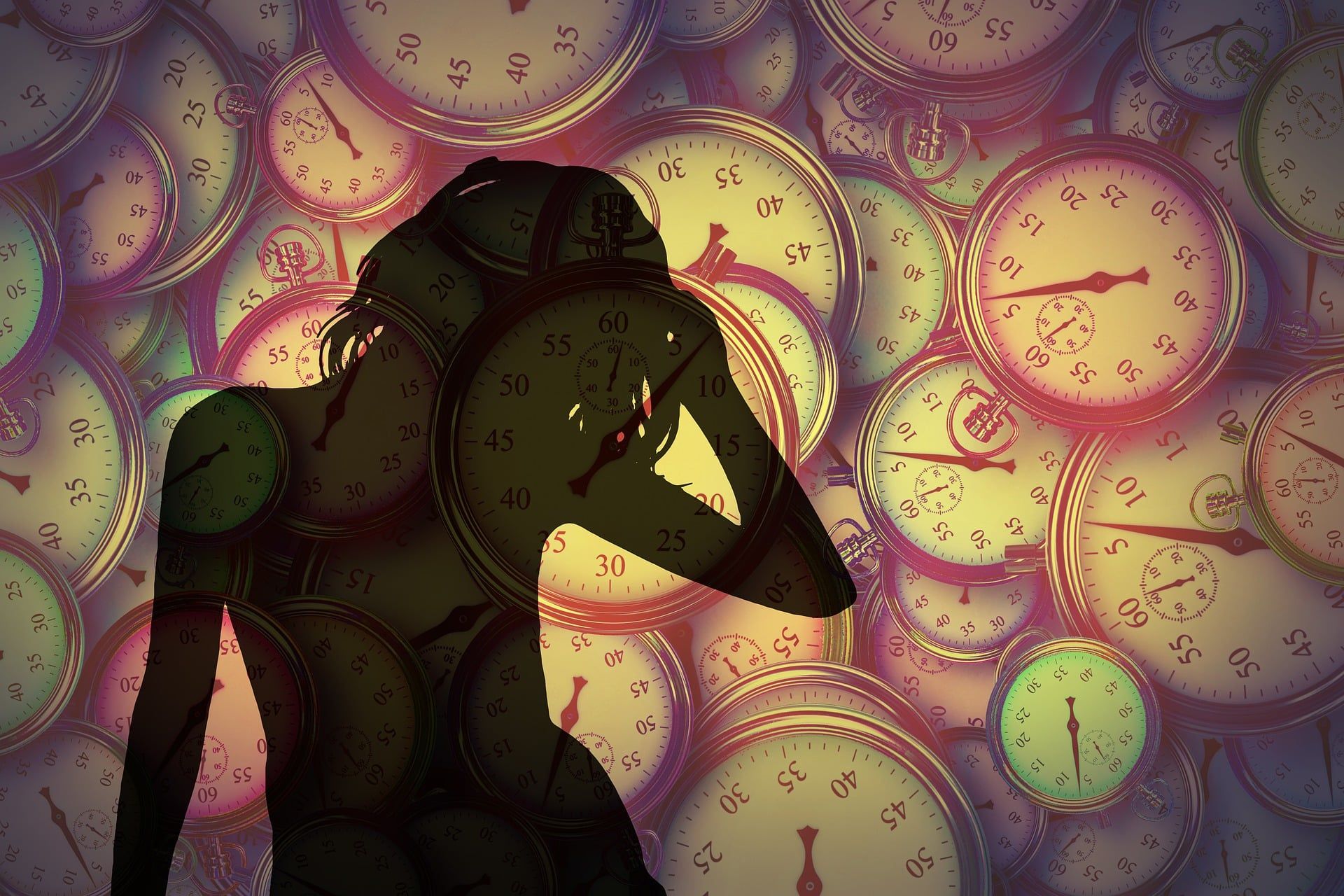Resilience – The 7 Pillars of Stress Management
- Benefits (24)
- Bone Health (1)
- Depression (1)
- Economy (5)
- ECS (4)
- Foods (10)
- General (64)
- Gut Health (5)
- Immunity (3)
- Legal (4)
- Mental Health (18)
- Pain (15)
- Pets (11)
- Production (8)
- Research (17)
- Skin (11)
- Skin Conditions (5)
Resilience – The 7 Pillars of Stress Management

‘Stress’ doesn’t do justice to the feeling of our present: we’ve been going through a pandemic for over two years, war has been shaking Europe for a while now and the climate crisis is progressing. Anyone who follows the news can only sink deeper into powerlessness and stress with each passing day. With the media ubiquitous and the constant news from it, it’s not always possible to just switch off. How well the individual is still able to cope with this stress depends on many aspects, including resilience. CBD can help you to lower your stress levels (we’ve written a detailed article about CBD and chronic stress). In fact, many customers buy our CBD oil online in Australia to relieve their anxiety, treat depression, and lower their stress levels.
What Is Resilience?
Who rebuilds the cities after a war? Who survives the end of a partnership best? Who can smile in a terrible situation? Resilience is a quality that’s more or less inherent in every human being. It’s also referred to as ‘mental resilience’. The more resilient a person is, the better he handles crises and stress. Resilient people can survive disasters without breaking.
How Exactly Does Resilience Help Against Stress?
The level of your resilience depends on various factors, for example, your genetic condition. Other than these, there’re also factors that you can influence to become more resilient. These are the 7 pillars of resilience (according to Ursula Nuber, a German author) – we’ve summarized them for you below.
1. Acceptance
A stressful event that is beyond your control won’t be resolved by your emotional response. From a pragmatic point of view, it makes sense to face your own stress reaction and the crisis that triggered it with acceptance as far as possible. Whether it’s a bereavement in a close circle, a grievance in society as a whole, or a mistake made – resilience means meeting this situation with acceptance. Your own feelings, such as sadness or anger, are also part of the situation and must be accepted. This’s the only way to deal constructively with your own situation.
2. Bonding
Bonding means embedding in a social structure. Family, friends, and partnerships are social systems that can help you when you’re suffering. The better you’re networked, the better your social environment can absorb you. The possibility of exchange alone can make a crisis more manageable because in a conversation you can discuss the problem, discover other perspectives and proposed solutions and process the problem.
3. Solution Orientation
When faced with a crisis, it’s imperative to seek solutions rather than persevere in suffering. Of course, not all crises can be resolved by your power; but you can’t rule out the solvability of a problem without having sought a solution. It’s perfectly okay to get angry or even whine about a situation – but you’ll only get ahead if you think constructively and try to find a solution.
4. Healthy Optimism
Healthy optimism isn’t about looking the other way or glossing over it—it’s about appreciating the parts of life that are currently going well and the potential that the future holds. Keywords of healthy optimism are gratitude, appreciation, and mindfulness. Meditation can help you a lot. (We’ve covered this topic in one of our articles: Meditation & Full Spectrum CBD Oil Online in Australia).
5. Self-Awareness
To be able to judge your situation realistically, you’ve to become aware of yourself. A look inside reveals your own construction sites and adjustment screws, how you’re doing and what you need. Only when you’ve considered these aspects it’ll be possible for you to focus on yourself and your situation.
6. Self-Reflection
Self-reflection goes a step beyond self-awareness. The insights gained from self-awareness are classified into a larger whole and checked for recurring structures. Have you experienced similar crises in the past and how did you handle them back then? What can you use from your past experiences and what you’ve observed in others for your current situation? What has fallen on your feet before? All these questions are part of constructive crisis management.
7. Self-Efficacy
Last but not least: Your self-efficacy is the belief that you’re able to make an impact on the world. Only if you really have confidence in your impact on the environment, you can actually make a difference. It’s not always easy to believe in your own impact: There’re many methods for strengthening your own self-efficacy, which unfortunately go beyond the scope of this article. However, working on self-efficacy can significantly increase resilience.
Final Thoughts
The 7 pillars of resilience sound a lot simpler than they’re. After reading this article, you may not feel better about the present. But what we want to give you along the way is this: please keep your head up, look ahead and make the best of it.
If you want to relieve your stress, you can try buying CBD oil online in Australia easily via our store. Of course, consult your healthcare provider first before trying any CBD products. They may help you to clear your mind and handle stress better (we’ve written a full article explaining how CBD works for mental health).
Our online store specializes in manufacturing and selling CBD products including oils and edibles in Australia and around the world. All our products are tested by third-party labs to ensure their purity, safety, and quality. Check the labs’ reports here.
If you’ve got a question, feel free to leave a comment and we’ll get back to you or contact us. We’re ready to answer any question you’ve about CBD.